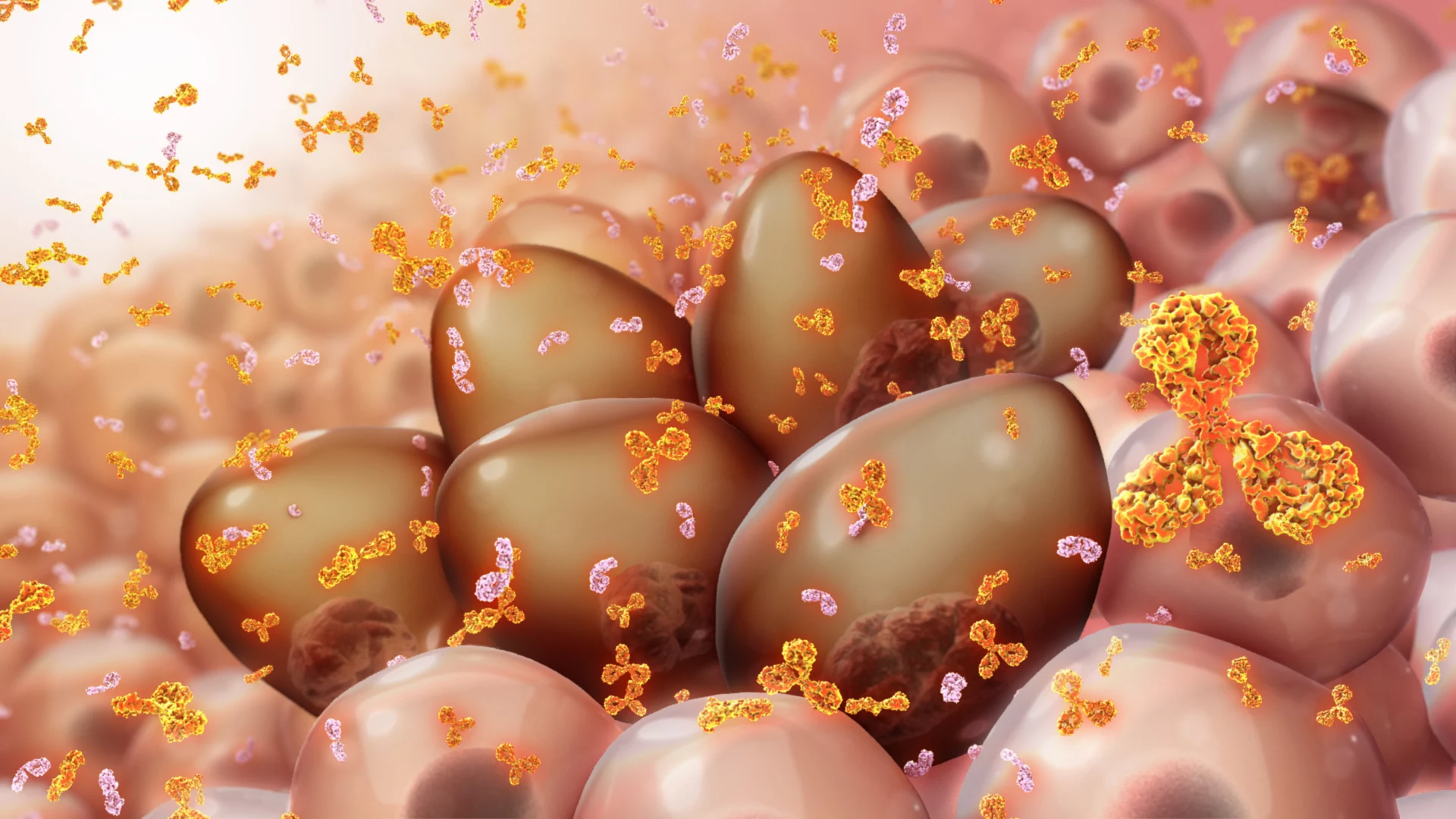In an unexpected turn of scientific research, Northwestern Medicine Canning Thoracic Institute has uncovered a link between Covid-19 and cancer regression, offering new hope for cancer treatment.
The Discovery
Researchers found that the SARS-CoV-2 virus responsible for Covid-19 can stimulate the production of specialized immune cells, called inducible nonclassical monocytes (I-NCMs), capable of attacking and shrinking cancerous tissue.
According to Dr. Ankit Bharat, chief of thoracic surgery at Northwestern University, “It’s incredible that the same infection causing global devastation can lead to the creation of cancer-fighting cells.”
How It Works
- Creation of I-NCMs: The RNA molecules from the Covid-19 virus activate I-NCMs, which are equipped with a unique receptor called CCR2.
- Infiltration and Attack: The CCR2 receptor enables I-NCMs to enter tumors, where they release chemicals that recruit natural killer cells to attack and destroy cancer cells.
Preliminary Results
- Animal model tests demonstrated a 60-70% tumor reduction in cancers such as melanoma, lung, breast, and colon cancers.
- The I-NCMs have shown particular promise for cancers resistant to conventional treatments.
What Makes This Unique
- This phenomenon appears exclusive to the RNA of SARS-CoV-2. Other RNA viruses, like the flu, do not elicit the same cancer-fighting immune response.
- The dual capability of I-NCMs—patrolling blood vessels and infiltrating tumors—sets them apart from traditional immune cells.
Next Steps
While the findings are groundbreaking, the research remains in its early stages:
- Effectiveness has so far only been observed in animal models.
- Clinical trials on human cancer patients are necessary to confirm safety and efficacy, which researchers predict will take years to complete.
Hope for the Future
The discovery offers a potential lifeline for patients with advanced cancers unresponsive to standard therapies. Dr. Bharat emphasized, “This approach could pave the way for treatments targeting tumors resistant to conventional methods.”
As science continues to unravel the complexities of Covid-19, this discovery stands out as a beacon of hope in the fight against cancer.



